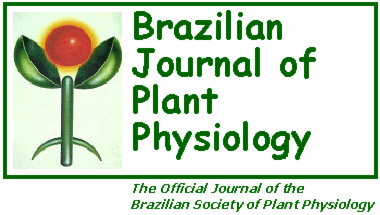Plants, under natural or experimental conditions, can be subject to a range of O2 concentrations from normal (normoxia) through deficient (hypoxia) to total absence (anoxia). Many metabolic processes are affected by O2 deficiency but the most studied events are those related to respiration and metabolism of N. In the absence of a terminal electron acceptor for the electron transport chain, the tricarboxylic acid cycle functions only partially and in both directions. Acidification of the cytosol occurs and pyruvate, the product of glycolysis, is transformed to lactate and ethanol, which represent the main fermentation reactions in plants. Alanine is the third most important product of anaerobic metabolism, resulting from high rates of amino acid interconversion in which transaminases such as alanine aminotransferase play an important role. The role of alanine accumulation under anaerobiosis is not clear and appears to be independent of the source of N whether NO3-, NH4+ or N2. How nitrate exerts its beneficial effect on tolerance of root hypoxia in waterlogged plants is still not clearly understood. Such aspects of N metabolism pose interesting challenges for future research on metabolic responses of plants to oxygen deficiency.
anoxia; hypoxia; N metabolism; fermentation products

